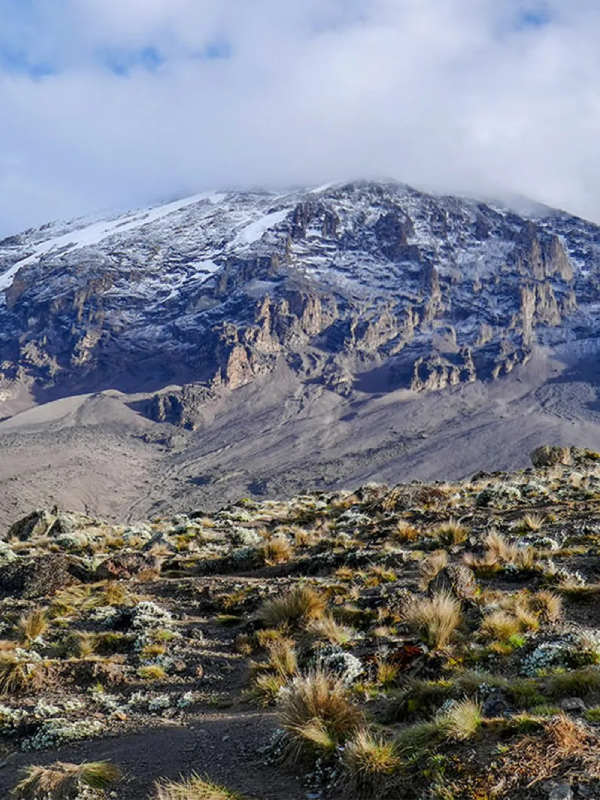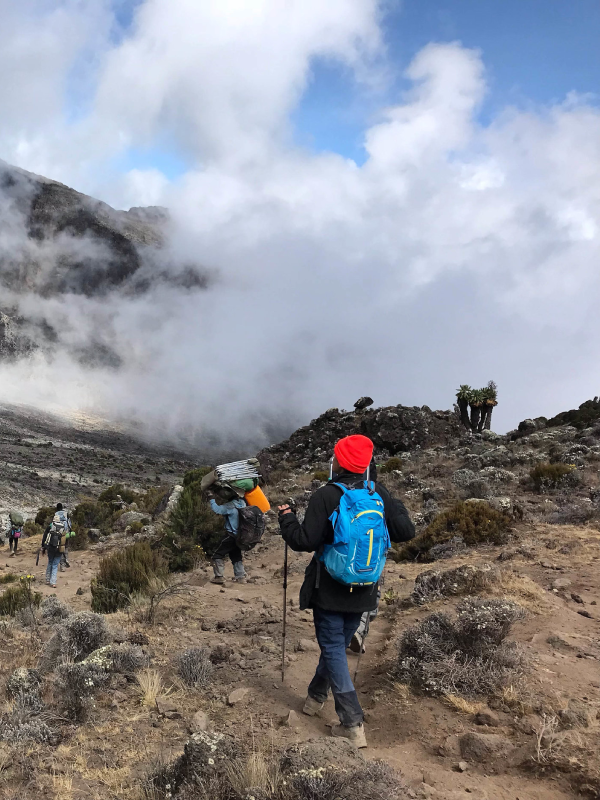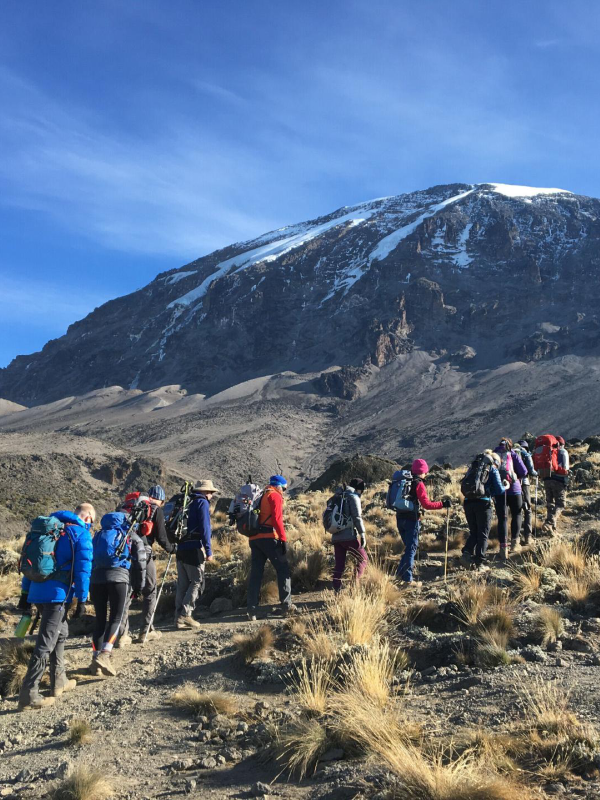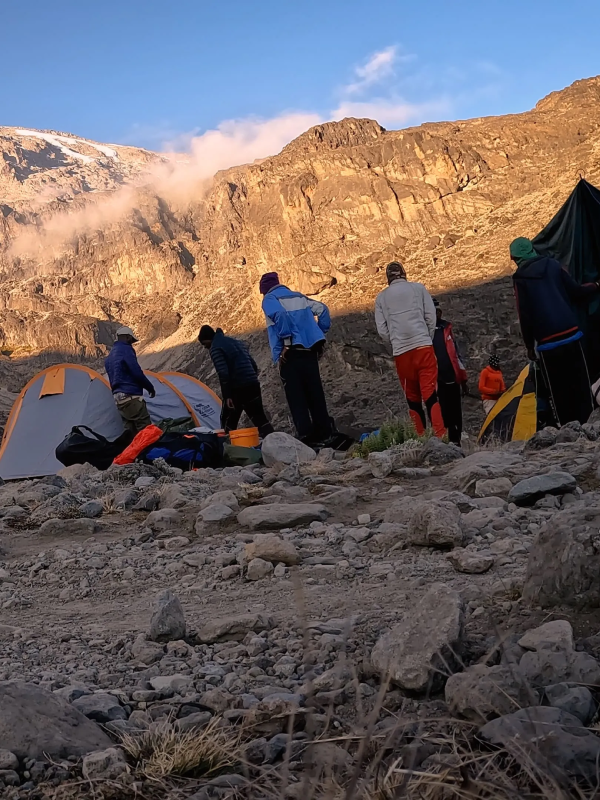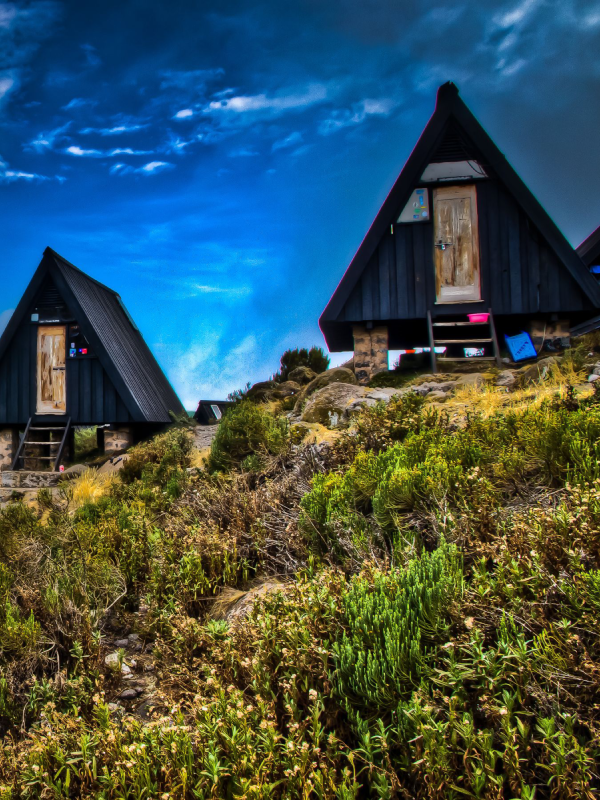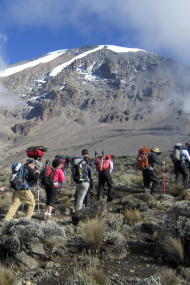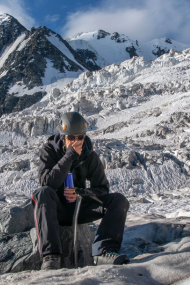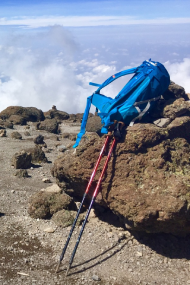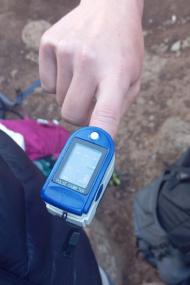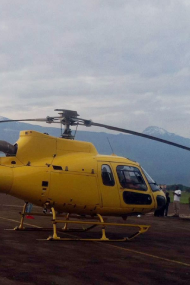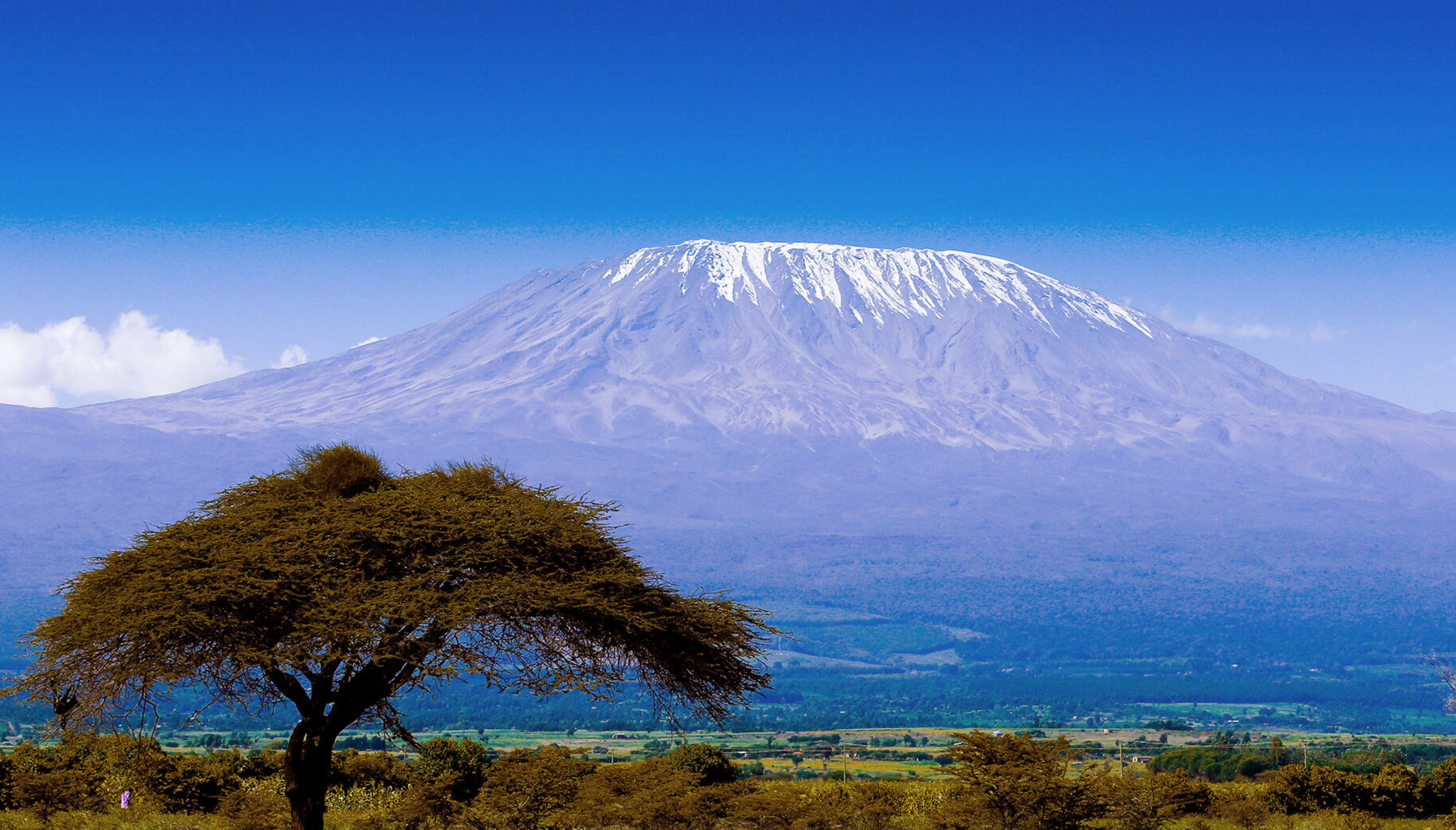ALTITUDE MADE EASY
Stay Safe and Healthy at Higher Kilimanjaro Elevations
Kilimanjaro Altitude Sickness is a common challenge for climbers due to the rapid ascent to high altitudes. As you gain elevation, oxygen levels decrease, potentially leading to symptoms like headaches, dizziness, nausea, and fatigue. To prevent altitude sickness, gradual acclimatization is essential—spend extra days at higher altitudes to allow your body to adjust.
Staying hydrated, avoiding alcohol, and eating high-energy foods can also help. If symptoms worsen, descending to a lower altitude is crucial. Always consult a guide for proper monitoring and safe trekking practices.
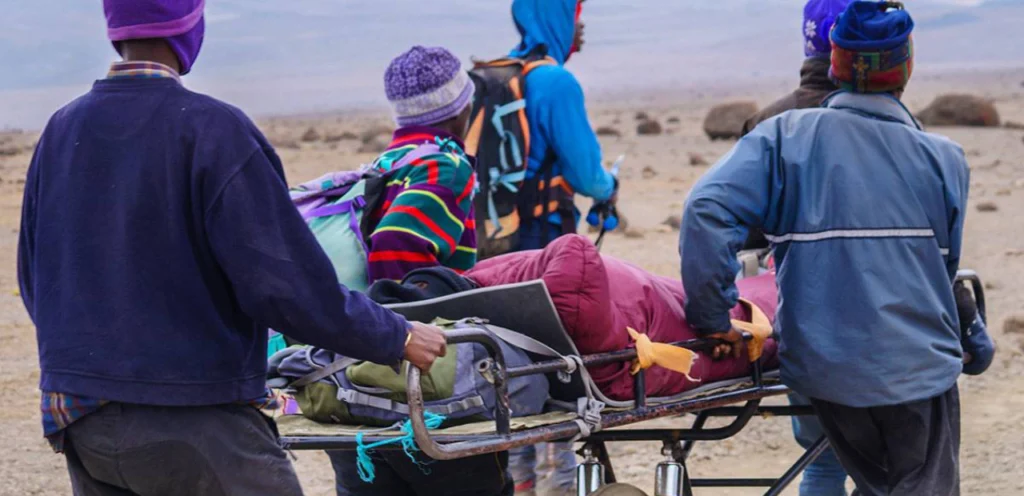
What are the Symptoms of Altitude Sickness?
Altitude sickness can manifest in various ways and its symptoms may vary from mild to severe.
- Mild Symptoms: Headaches, dizziness, fatigue, poor appetite, and sleep issues.
- Don’t Ignore: Mild symptoms can worsen without prompt attention.
- Severe Risks: High Altitude Pulmonary Edema (HAPE) can occur.
- Life-Threatening: High-Altitude Cerebral Edema (HACE) requires immediate medical care.
Prevention of Altitude Sickness
- Ascend gradually: Increase elevation by no more than 1,000 feet (300 meters) per day.
- Stay hydrated: Drink plenty of water, but avoid alcohol and caffeine.
- Avoid strenuous activity: Limit exertion during the first 24-48 hours.
- Take rest days: Allow your body to acclimatize.
- Eat light meals: Avoid heavy, fatty foods.
- Consider medication: Use acetazolamide (Diamox) if recommended by a doctor.
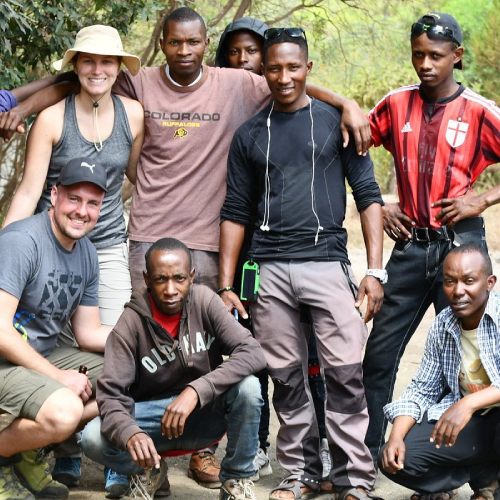
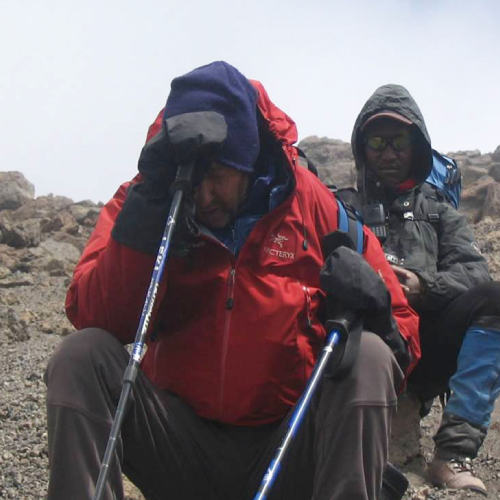
ADVENTURE AWAITS YOU
Tailored Trekking Options Made Easy
Explore our Kilimanjaro Climbing Packages featuring diverse routes and expert planning. Doesn’t matter if you want comfort or challenge, we’ve got the climb for you. Experience stunning scenery, personalized adventures, and the thrill of conquering Kilimanjaro with confidence.

browse by category
Kilimanjaro Travel Guide On Health
Climbing Mount Kilimanjaro is an extraordinary adventure, and taking care of your health ensures that you can fully enjoy the experience. While the trek is physically demanding, with the right preparation, attention to your well-being, and proper acclimatization, you can stay healthy and perform your best.

